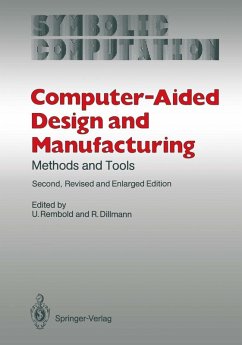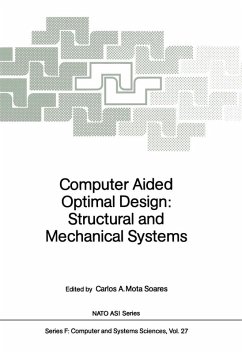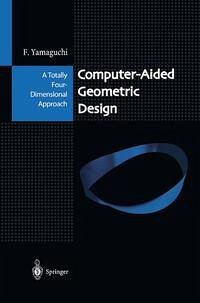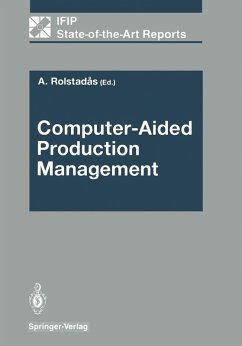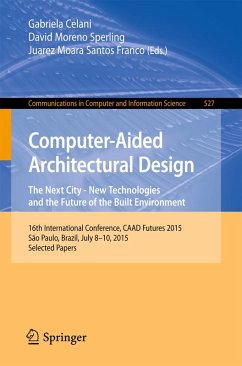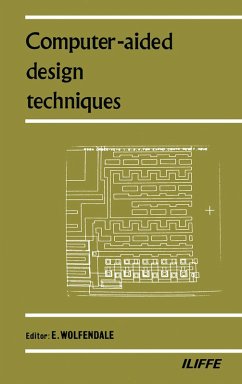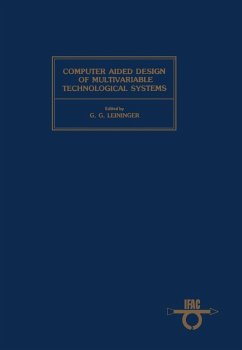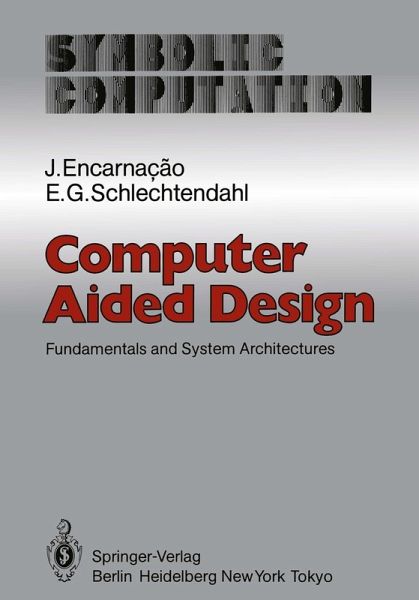
Computer Aided Design (eBook, PDF)
Fundamentals and System Architectures

PAYBACK Punkte
36 °P sammeln!
4 lation and optimization. These are essential constituents of the iterative process, leading to a feasible and, one hopes, optimal design. 1.3 Content of the Book In Chapter 2 we present briefly the history of CAD. The main components of CAD systems are identified, and their principal functions described. Economi cal and interdisciplinary aspects are discussed. Chapter 3 starts with a systems analysis of the design process. The notion of a process is introduced as a fundamental tool to describe activities like design as a whole, computer-aided design, program executions, terminal sessions etc...
4 lation and optimization. These are essential constituents of the iterative process, leading to a feasible and, one hopes, optimal design. 1.3 Content of the Book In Chapter 2 we present briefly the history of CAD. The main components of CAD systems are identified, and their principal functions described. Economi cal and interdisciplinary aspects are discussed. Chapter 3 starts with a systems analysis of the design process. The notion of a process is introduced as a fundamental tool to describe activities like design as a whole, computer-aided design, program executions, terminal sessions etc. The environment and the resources which the environment must supply for the successful execution of any process are discussed. The problem of modelling the design objects in an abstract schema and the interrelation between the schema and the planning of the individual step in the design are analysed. Chapter 4 concentrates on the interfaces among the components of a CAD system, including the human operator. The problem of mapping an abstract schema onto the capabilities of various programming, command, or data de scription languages is described in detail. Emphasis is laid upon the resource aspect and its influence on the design of CAD systems. The concept of a CAD software machine is introduced, and rules for designing such machines are given.
Dieser Download kann aus rechtlichen Gründen nur mit Rechnungsadresse in A, B, BG, CY, CZ, D, DK, EW, E, FIN, F, GR, HR, H, IRL, I, LT, L, LR, M, NL, PL, P, R, S, SLO, SK ausgeliefert werden.



